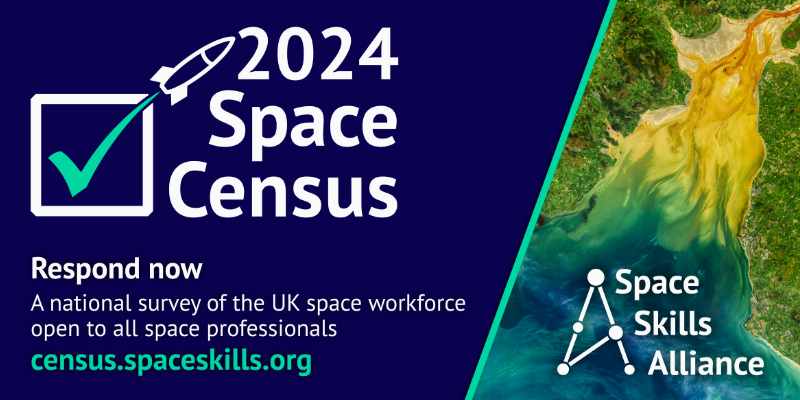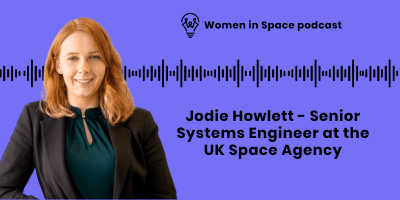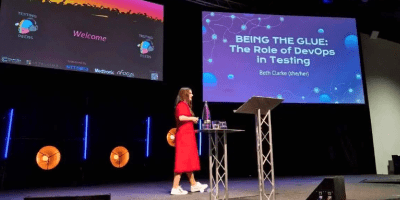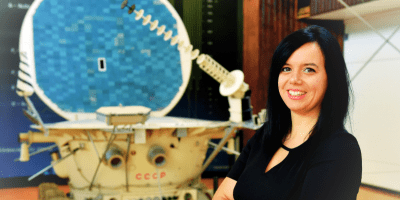Dr Heidi Thiemann is a co-founder of the Space Skills Alliance, a think-tank made up of experts in space skills, training, and recruitment aiming to improve the way organisations in the space sector work together to address common skills challenges. The Space Skills Alliance helps the policy-making process in the space sector by publishing accessible data and reports that are as rigorous as academic research. Heidi and her colleagues provide expert advice to organisations looking to improve their skills pipelines, not only recommending solutions, but also helping to institutionalise more effective processes.
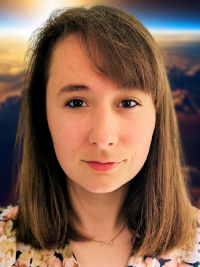
“The 2024 survey gives us an opportunity to see how things have changes over the last four years and to ask new questions based on the findings for 2020. We particularly interested in whether the gender balance of the sector has changed, and whether pay has gone up in line with inflation.”
Recap of my story to date…
My work in the space sector focuses on collecting, analysing, and publishing data about the space skills gaps. I started in astronomy, spent time running the website SpaceCareers.uk, then moved into skills and policy. You can read my full story in the piece I wrote for Womanthology last year.
Following on from this, it was a pleasure to come along to the Womanthology Inclusion Thought Leaders’ Event in London on 28th February this year and connect with other contributors and members of the Womanthology community.
It was such a good experience to be in a room full of trailblazing women, from those developing new medical technology to increasing the diversity of boardrooms. It was a great experience to celebrate and showcase the hard work of others.
Reflecting on the 2020 space census
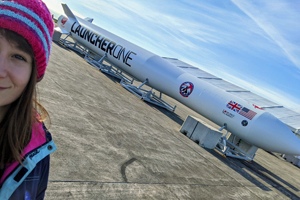
- Demographics
- Pay
- The experiences of women
- How and why people join the sector
Calling the Womanthology community. We need your help!
We are running to Space Census again now for 2024. We have loads of organisations supporting us. We’re very thankful for the support of the government, including the UK Space Agency and Department for Science, Innovation, and Technology, trade bodies like UKspace, learned societies like the Royal Aeronautical Society, Institute of Physics, and the Royal Astronomical Society, and all the regional space clusters.
Anyone who works in the space sector is welcome to take part. Our definition is quite broad; we include engineers, astronomers, computer scientists, geospatial analysts, defence, academics, marketers, recruiters, educators, lawyers, and more. As long as your work is related to space in some way, you’re in the space sector! The Census takes about 10 minutes to complete and asks about yourself, your work, and what inspired you to work in space. All the questions are optional so you can fill out as much or as little as you like. We’ll be running the Census until mid-May and you can go to census.spaceskills.org to take part.
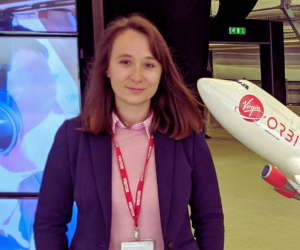
Bigger and better than ever
We’ll spend the next few months crunching the numbers and working out how the new data compare to the 2020 Space Census, then we’ll write it up into a report (or reports!). We’ll be publishing in the autumn, so watch this space.
We’re not just looking at the UK space sector, we’ve also got some fascinating data about the European space sector. Through the ASTRAIOS project, we’ve been looking at the demographics — including gender balance — of the EU27 and UK. It’s been really fascinating to see which countries are closer to gender parity than others, and how people are moving across the continent for work. We’ll be publishing some reports on that later this year.

